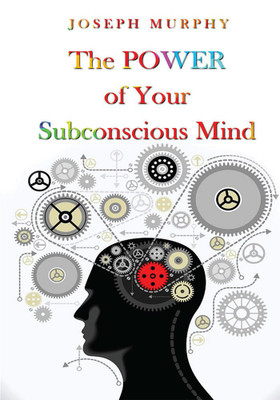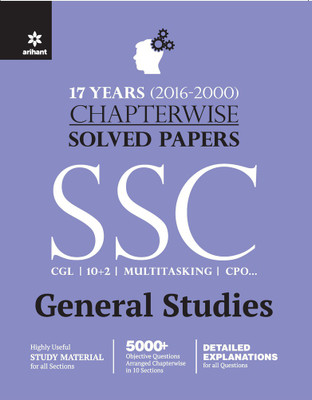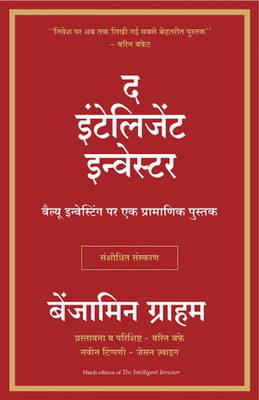
How Green Became Good (English, Paperback, Angelo Hillary)
Share
How Green Became Good (English, Paperback, Angelo Hillary)
Be the first to Review this product
₹3,525
₹5,055
30% off
Coupons for you
T&C
Available offers
T&C
T&C
T&C
T&C
Delivery
Check
Enter pincode
Delivery by25 Nov, Tuesday
?
View Details
Highlights
- Language: English
- Binding: Paperback
- Publisher: The University of Chicago Press
- Genre: Social Science
- ISBN: 9780226739045, 9780226739045
- Pages: 264
Seller
Description
As projects like Manhattan's High Line, Chicago's 606, China's eco-cities, and Ethiopia's tree-planting efforts show, cities around the world are devoting serious resources to urban greening. Formerly neglected urban spaces and new high-end developments draw huge crowds thanks to the considerable efforts of city governments. But why are greening projects so widely taken up, and what good do they do? In How Green Became Good, Hillary Angelo uncovers the origins and meanings of the enduring appeal of urban green space, showing that city planners have long thought that creating green spaces would lead to social improvement. Turning to Germany's Ruhr Valley (a region that, despite its ample open space, was "greened" with the addition of official parks and gardens), Angelo shows that greening is as much a social process as a physical one. She examines three moments in the Ruhr Valley's urban history that inspired the creation of new green spaces: industrialization in the late nineteenth century, postwar democratic ideals of the 1960s, and industrial decline and economic renewal in the early 1990s. Across these distinct historical moments, Angelo shows that the impulse to bring nature into urban life has persistently arisen as a response to a host of social changes, and reveals an enduring conviction that green space will transform us into ideal inhabitants of ideal cities. Ultimately, however, she finds that the creation of urban green space is more about how we imagine social life than about the good it imparts.
Read More
Specifications
Book Details
| Imprint |
|
Dimensions
| Width |
|
| Height |
|
| Length |
|
Be the first to ask about this product
Safe and Secure Payments.Easy returns.100% Authentic products.
Back to top




